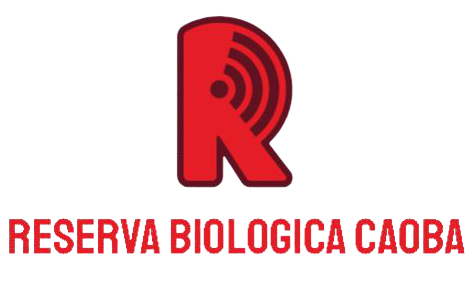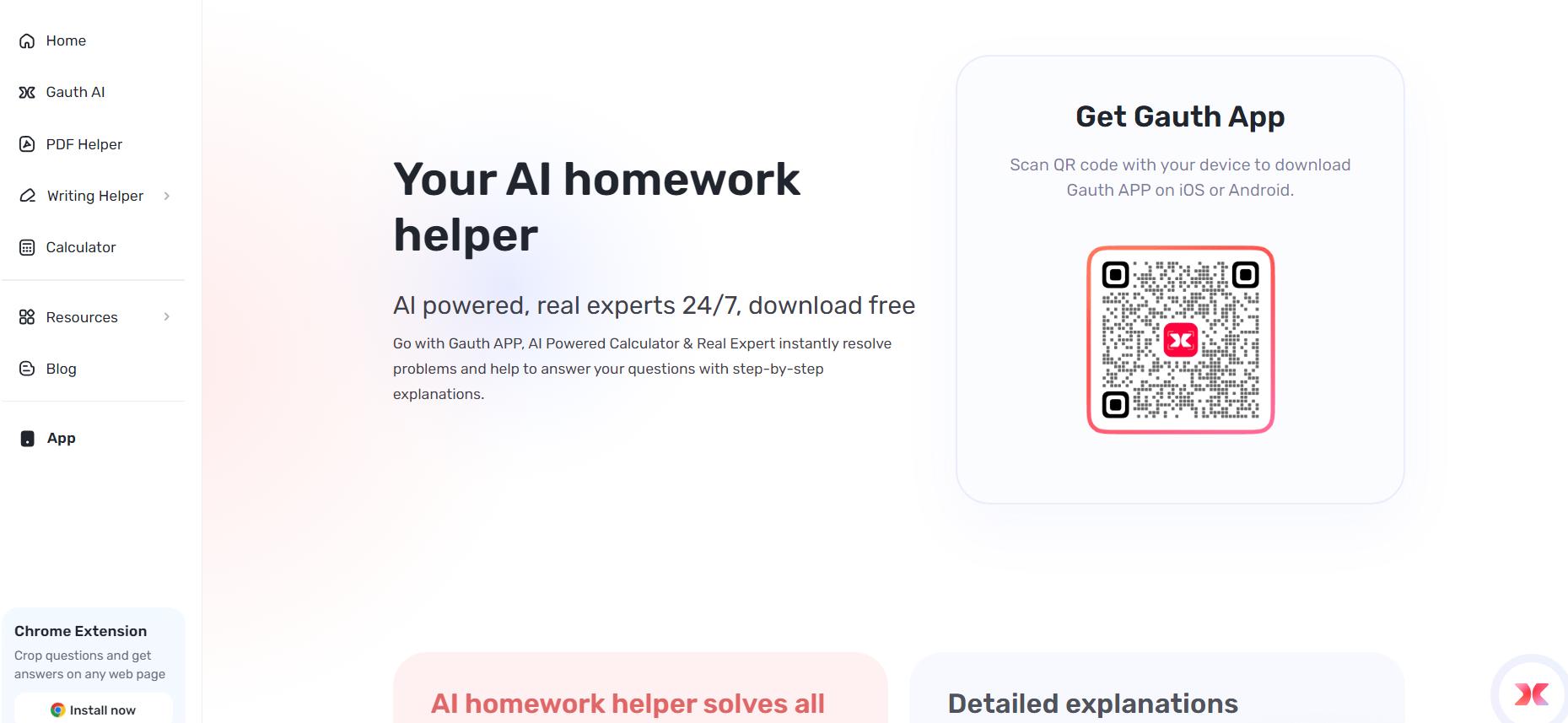Research assignments often require comprehensive and reliable sources of information. With the rise of online resources and databases, gathering credible data has become more accessible. However, knowing how to navigate these platforms effectively is crucial for producing well-researched work. Visit Gauth’s website to explore how AI can make a difference in homework and research assignments.
This guide explores how to make the best use of online resources, including a valuable tool like Gauth, for academic assignments.
1. Identifying Reliable Online Resources
When conducting research, it’s essential to identify reliable sources. Credible online resources generally come from academic institutions, government bodies, or reputable organizations. Key features of reliable online platforms include:
- Peer-reviewed journals: Many academic databases host articles that have been reviewed by experts in the field.
- Reputable educational platforms: Websites maintained by universities or organizations that focus on education offer trustworthy content.
Using platforms such as these ensures the research is backed by factual and verifiable information, enhancing the quality of an assignment.
2. Using Specialized Databases
In comparison to general web searches, specialized databases bring much to targeted research. Platforms such as JSTOR, Google Scholar, and academic libraries will provide access to peer-reviewed journals, books, and conference papers. The databases allow users to search for topics; this means that the results can be more focused and effective for the users. The benefits that come with using these databases there is:
- Access to scholarly articles that provide deep insight into particular research areas.
- The capacity to sort their findings according to the date of publication, the relevance of the information, or the type of document.
- Availability of research papers that are not available on general search engines.
3. Leverage Free Open Access Resources
Open-access sources provide free, academically related material for access. Most universities and research organizations post the results on free, open-access platforms. Directory of Open Access Journals (DOAJ) and arXiv.org, etc., are examples. It has many scientific articles, mathematics, and technology, which are of excellent quality and free since there is no subscription.
4. Expanding Research Using AI-based Tools
AI tools can help in everything, ranging from organizing references to suggesting related research topics. This service works by giving instant, accurate answers to math problems so that students can save time focused elsewhere in the research. This tool is very useful in complementing the work of students; it makes complicated mathematics easier and frees time to concentrate on other areas related to research.
5. Importance of Citation and Plagiarism Checks
Properly citing sources is crucial in academic work to avoid plagiarism and give credit to original authors. Tools like Google Scholar and specialized citation generators help create correct citations in various formats, including APA, MLA, and Chicago. Additionally, online plagiarism checkers ensure the originality of the research content by comparing it against vast databases.
Conclusion
By leveraging platforms like peer-reviewed journals, open-access resources, and AI tools like Gauth, students can enhance their research efficiency. Gauth’s AI-based support, particularly for handling complex academic tasks, adds value to the research process, allowing students to focus on producing thoughtful, well-informed assignments.










